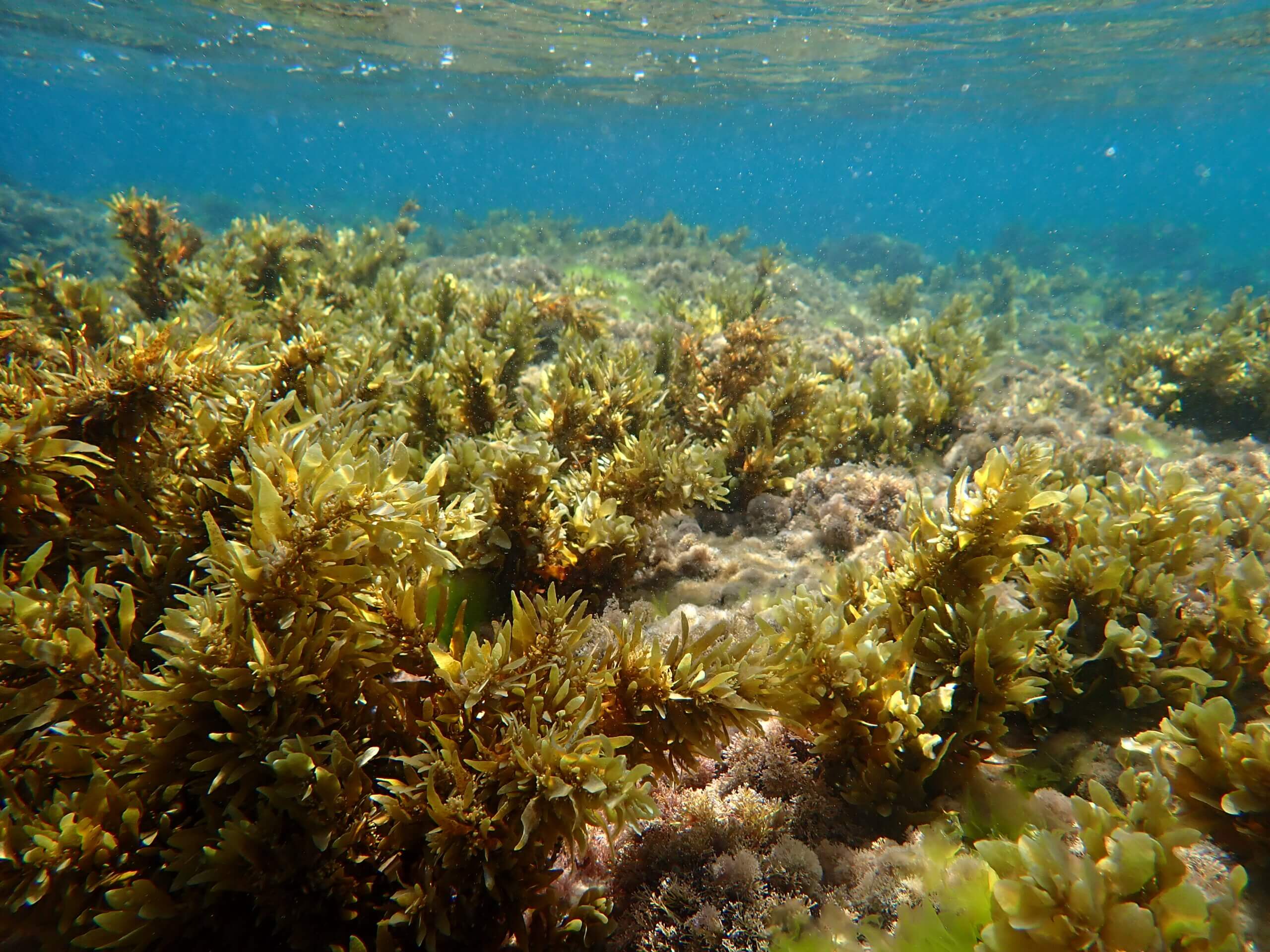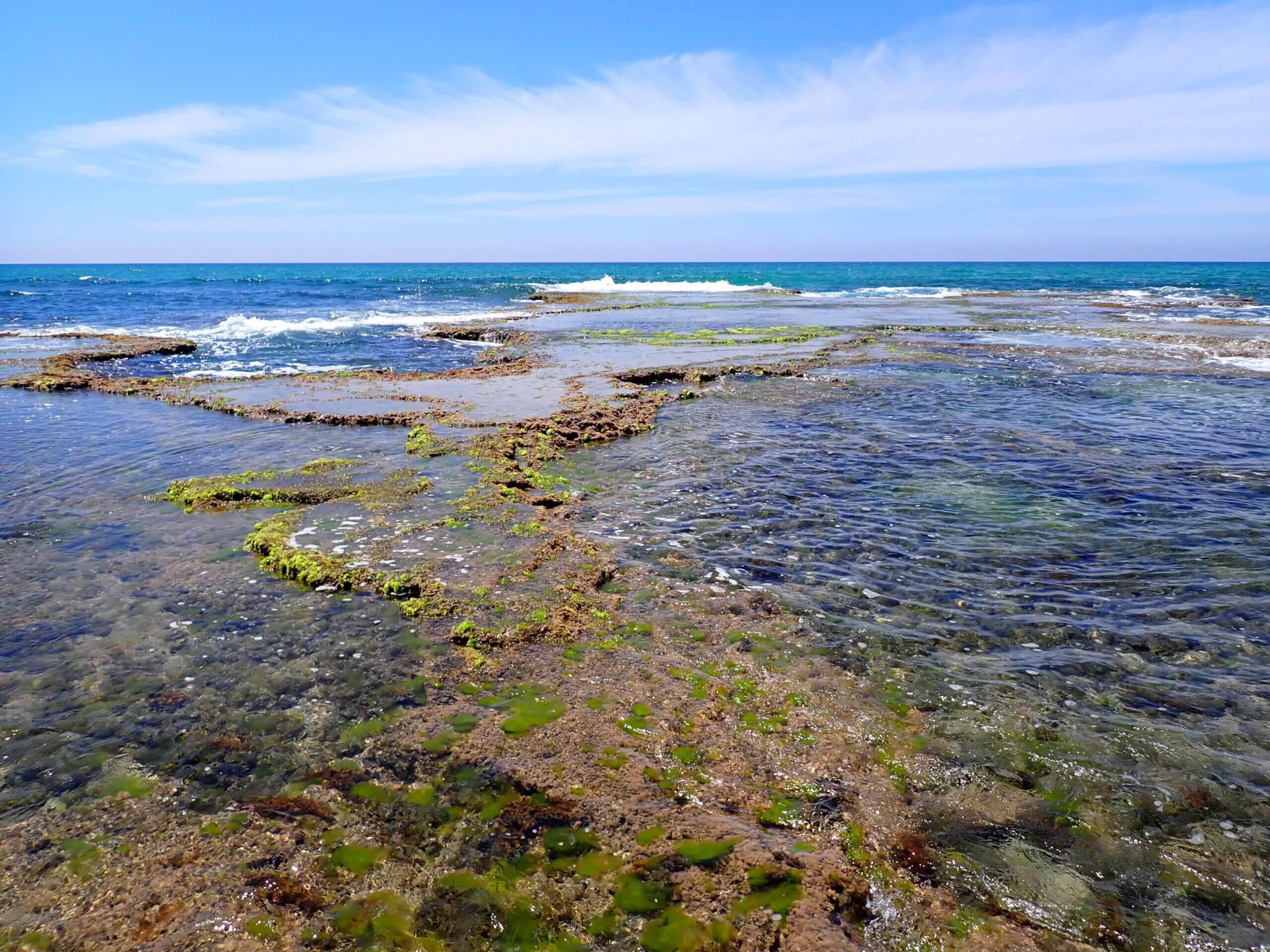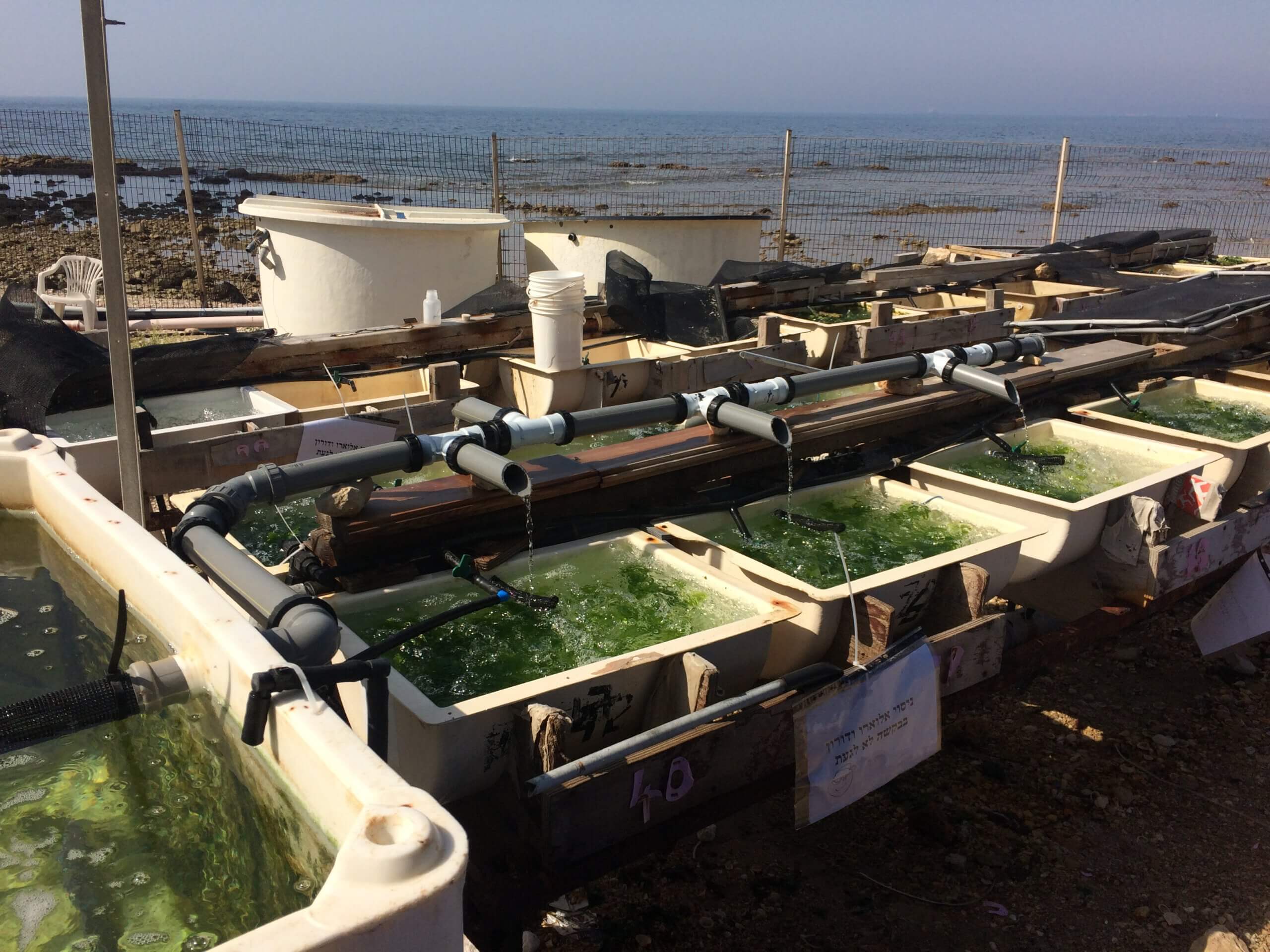Researchers from Tel Aviv University and the Sea and Lake Research Institute in Haifa have developed a state-of-the-art technology that enables the growth of "enriched algae" in nutrients, proteins, dietary fiber, and minerals for human and animal needs




Researchers from Tel Aviv University and the Seas and Lakes Research Institute in Haifa have developed a state-of-the-art technology that enables the growth of "enriched algae" in nutrients, proteins, dietary fiber, and minerals for human and animal needs.
According to the researchers, the state-of-the-art technology has significantly doubled the growth rate, the protein levels, the healthy carbohydrates, and the minerals in the algae tissues - making the "enriched algae" a fine superfood, with an extremely high nutritional value, which can be used by humans in the future for the health food industries and to secure unlimited food channels.
The new development was conducted under the leadership of doctoral student Doron Ashkenazi, under the guidance of Prof. Avigdor Abelson From the Faculty of Life Sciences named after George S. Wise and Prof. Alvaro Israel from the Sea and Lake Research Institute (Khiel), Tel Shekmona, Haifa. The article was published in the scientific journal Innovative Food Science and Emerging Technologies.
"Seaweed can be considered a natural "superfood", abundant in the components necessary for the human diet at levels that exceed other food sources."
Like the biblical manna: enriched algae
"In the research, local species of algae: Ulva, Gracilaria and Hypnea were grown in close proximity to fish farming systems under different environmental conditions," explains Doron Ashkenazi. "The special conditions made it possible for the algae to flourish, and for an extensive improvement in their nutritional values to the point of turning them into "enriched algae" which are superfoods. Using algae as a rich food source, which meets all of man's nutritional needs, even reminds us of the biblical manna from which the Israelites were fed in the desert. Also, it will be possible to use the specially enriched algae for other health industries such as nutritional supplements, as well as in the cosmetics and pharmaceutical industries."
"Seaweed can be regarded as a natural "superfood", abundant in the components necessary for the human diet at levels that exceed other food sources. Using the technological approach we have developed, a farm owner or entrepreneur will be able to plan in advance a production line of seaweed rich in substances according to his desire, which will be used as healthy food or as nutritional supplements: for example algae with an extremely high level of protein, algae rich in minerals such as iron, iodine, calcium, magnesium and zinc, Unique pigments, or antioxidant substances. It will be possible to use the enriched algae to help populations suffering from malnutrition and nutritional deficiencies, for example as supplements to a vegetarian or vegan diet, as well as to disadvantaged populations around the world."
"Technologies of this type are without a doubt the example of a better future for humanity, a future where man lives in idyll and health alongside the environment."
The agriculture of the future
Also, compared to terrestrial agriculture - marine agriculture, and in particular seaweed farming, does not require extensive land, fresh water or large amounts of fertilizers. It is environmentally friendly and preserves nature and the ecological balance by reducing environmental risks. The new research actually creates an ideal situation, of sustainable and clean agriculture. Today, integrated aquaculture is beginning to receive support from governments around the world due to its environmental benefits, including: reducing nutrient loads on beaches and reducing the emission of gases and carbon footprints. In this way, it contributes to dealing with the climate crisis and global warming.
"Technologies of this type are undoubtedly the example of a better future for humanity, a future where man lives in an idyll and in health alongside the environment," says Ashkenazi. "The research was conducted in collaboration with other leading researchers from around the country, including Guy Paz and Dr. Yael Segal from the Israel Seas and Lakes Research Institute (Khiel), Haifa, Dr. Shoshana Ben-Walid, an expert in organic chemistry, Dr. Merav Nadav Tzuberi from the Chemistry Department at the Faculty of Exact Sciences of Bar-Ilan University, and Dr. Eitan Salomon from the National Aquaculture Center in Eilat.
More of the topic in Hayadan:
- Using proteins for green processes instead of polluting processes in agriculture
- The secrets of the honey bee's diet
- A European grant of 7.5 million euros was awarded to Miguel for a research project for pharmaceutical solutions and algae-based foods
- Researchers have managed to map the characteristics of photosynthesis in the fastest growing algae in the world
- Algae invades for the reef
